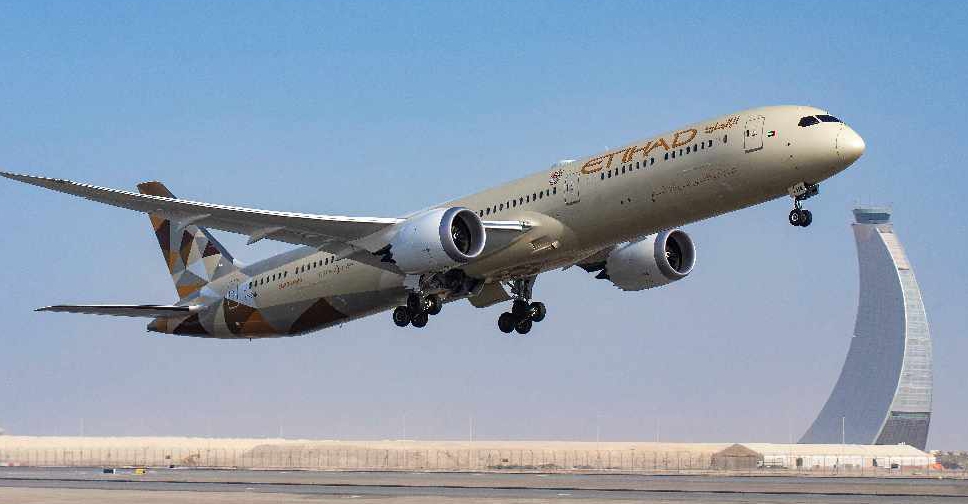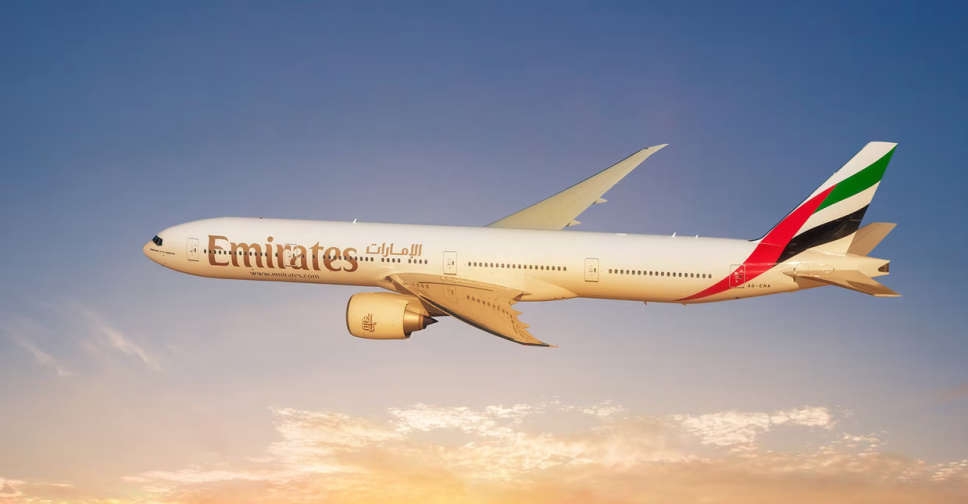
Etihad has recorded 76 per cent fall in passenger traffic in 2020, as a result of lower demand and reduced flight capacity caused by pandemic-induced travel restrictions.
According to its financial and operating results for the year, 4.2 million passengers travelled in 2020, compared to 17.5 million in 2019.
More than 80 per cent of total passengers carried in 2020 were flown during the first three months of the year, demonstrating the precipitous drop in demand as the global crisis deepened over the course of the year.
The pandemic also reduced passenger capacity by 64 per cent in in 2020 to 37.5 billion. The report said the Available Seat Kilometres (ASKs), down from 104 billion in 2019, with the seat load factor declining to 52.9 per cent, 25.8 percentage points lower compared to 2019 (2019: 78.7 per cent).
The airline recorded US $1.2 billion passenger revenues in 2020, down by 74 per cent from US $4.8 billion in 2019, due to fewer scheduled services and drastically fewer people travelling. A contributing factor to this was the total suspension of passenger services into and out of the UAE from end of March until early June 2020 to limit the spread of COVID-19, in line with a UAE government mandate.
The airline’s cargo operation, on the contrary, recorded an extremely strong performance, with a 66 per cent increase in revenue from $0.7 billion in 2019 to $1.2 billion in 2020, driven by huge demand for medical supplies such as Personal Protective Equipment (PPE) and pharmaceuticals, paired with limited global airfreight capacity. Cargo yield saw an improvement of 77 per cent.
Operating costs meanwhile decreased by 39 per cent year-on-year, from $5.4 billion in 2019 to $3.3 billion in 2020, due to a combination of reduced capacity and volume-related expenses, as well as a focus on cost containment initiatives. Overheads reduced by 25 per cent to $0.8 billion (2019: $1.0 billion) in this timeframe, despite their fixed nature, owing to cash and liquidity management initiatives during the crisis, while the finance cost reduced by 23 per cent through an ongoing focus on balance sheet restructuring.
Overall, this resulted in a core operating loss of $1.70 billion (2019: $0.80 billion) in 2020, with the EBITDA turning to negative $0.65 billion (2019: positive $0.45 billion).
Prior to the pandemic, Etihad was ahead of transformation targets set in 2017, having registered a 55 per cent cumulative improvement in core results by end-of-year 2019. This momentum continued into the start of 2020, with a record first quarter (Q1) that showed year-on-year improvement of 34 per cent.
The airline is continuing to target a complete turnaround by 2023, having accelerated its transformation plans and restructured the organisation during the pandemic into a leaner and more agile business.
"Covid shook the very foundation of the aviation industry, but thanks to our dedicated people and the support of our shareholder, Etihad stood firm and is ready to play a key role as the world returns to flying," highlighted Tony Douglas, Group Chief Executive Officer.
"While nobody could have predicted how 2020 would unfold, our focus on optimising core business fundamentals over the past three years put Etihad in good stead to respond decisively to the global crisis.
"We have taken bold action to protect our people and our guests, develop an industry-leading health and hygiene programme, and restructure our business to better position us for recovery. As the world’s first airline to vaccinate all our operating pilots and cabin crew against Covid, we are ready to welcome back travellers to experience best-in-class travel with Etihad Airways."
Adam Boukadida, Chief Financial Officer, highlighted that the carrier has "started the year on a firm footing by surpassing our transformation targets for Q1 and were looking forward to a strong performance for the year ahead – and then the pandemic took hold.
"As passenger revenues nosedived, we took immediate action to secure Etihad’s long-term financial health, with a wide range of measures to mitigate the impact of COVID on our business. Despite significant pressures on our cashflow, we maintained liquidity by focusing on cost control, maximising cargo revenue, enhancing our charter capabilities and raising innovative credit facilities such as the world’s-first sustainability-linked transition sukuk. This was supported by Etihad retaining an A with a ‘stable outlook’ credit rating by Fitch, making it one of a handful of airlines to maintain a pre-COVID rating."



 ADNOC Distribution expands service station solar power project
ADNOC Distribution expands service station solar power project
 Emirates cancels Houston flights due to severe weather
Emirates cancels Houston flights due to severe weather
 TikTok restores US service after Trump says "we have to save it"
TikTok restores US service after Trump says "we have to save it"
 Ajman records significant business growth in 2024
Ajman records significant business growth in 2024


